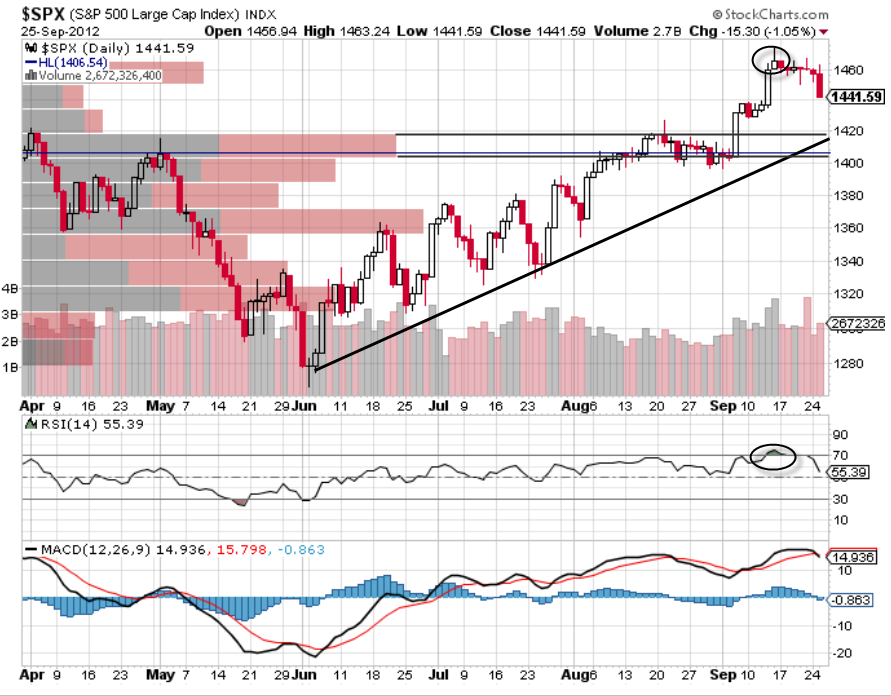 by Michael Tarsala
by Michael Tarsala
You’ve planned for retirement for most of your adult life. What do you do when you actually get there?
Here are five tips to keep in mind to help you enjoy your retirement with a sense of financial security:
- Have an income plan and stick to it. Just like anything else with investing, having a plan is critical in retirement. Your income plan should rely heavily on the money you can count on from social security, as well as investment income that includes bonds and more than likely a mix of dividend-paying stocks. Why stocks? They have proven to be inflation-fighters over the long haul. They may be an important part of your overall mix.
- Plan on living a long time. Average life expectancy is now more than 78 years. And there’s a 50% likelihood that one partner in every married couple over age 65 will live to 94. If you are curious, check out livingto100com, which will give you an educated guess as to how long you might live. I just did this very exercise for my mom, who is nearing retirement age. Despite some current health issues, her life expectancy is 91. So your income-generating plan is critical. It will help make sure you don’t out-live your savings.
- Think about working longer. It’s a dual benefit. You’ll increase your savings and delay the day when you start drawing from your retirement. As a rule of thumb, it makes sense to delay social security until at least 66 if you think you are going to live beyond 78. It makes sense to delay social security benefits to the maximum allowed age of 70 if you think you are going to live beyond 82 ½.
- Keep living expenses on hand. As you get older, assuming you have retired, you’ll need liquidity, says Susan Garland, editor of the Kiplinger’s Retirement Report. She recommends keeping 2 to 5 years of living expenses in cash (or a CD, short-term bond fund or money-market account). One of the worst things that can happen is when you need to start drawing cash out of a diminished portfolio following a market crash. It’s money you are never likely to recoup! So plan ahead and have enough money to cover your living costs so that you can survive a crash without liquidating your nest egg.
- Go with the best health plan you can afford. Health care insurance is one of the big expenses in retirement. But not being properly insured can really wipe out your wealth. Shop around to get the best possible coverage you can at the best possible price.
Photo by: public-domain-image.com



